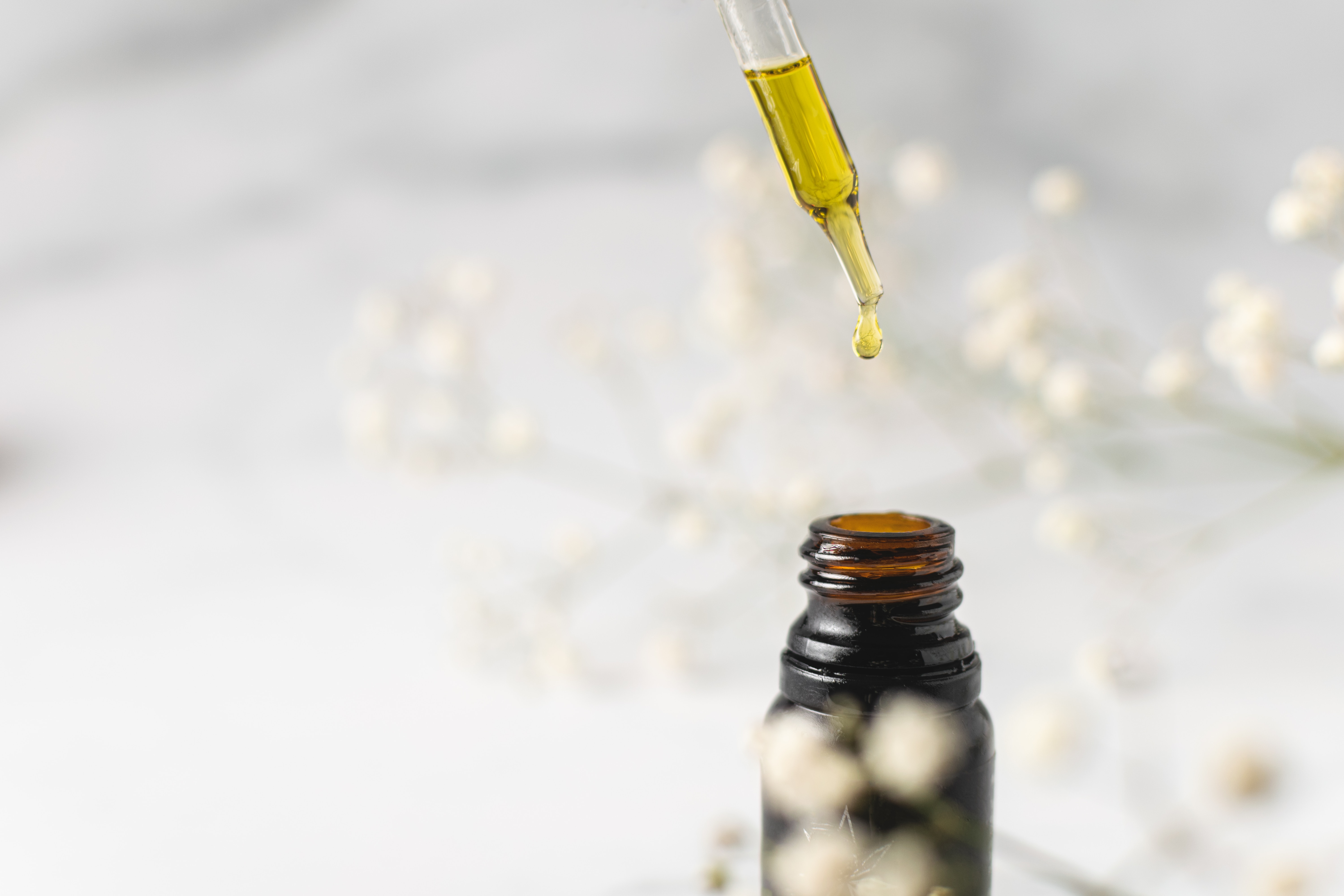
Precious Extracts: The Booming Essential Oils Industry in Morocco
Morocco, a nation renowned for its vibrant culture, stunning landscapes, and robust economy, has been making waves in an industry that may surprise some: essential oils. The country's unique biodiversity, favorable climate, and traditional extraction methods make it a prime source of high-quality essential oils. This article aims to shed light on the booming essential oil industry in Morocco and the numerous advantages it offers to global importers.
1. The Moroccan Advantage: Rich Biodiversity and Ideal Climate
Morocco boasts a rich biodiversity that allows for the cultivation of a wide range of plants used in the production of essential oils. From the luscious valleys of the Atlas Mountains to the arid regions of the Sahara, Morocco's varied landscapes and climate zones nurture a multitude of aromatic plants. The nation's particularly favorable climate allows these plants to develop a unique and concentrated chemistry, resulting in oils with outstanding therapeutic and aromatic qualities.
2. Traditional Extraction Methods: A Touch of Authenticity
Moroccan essential oil production is rooted in centuries-old traditions. The extraction methods used, such as steam distillation and cold pressing, have been handed down through generations. This means Moroccan essential oils often retain a higher purity level and have a quality and authenticity that mass-produced oils may lack.
3. Highlighting Morocco's Unique Oils: The Gift of Argan and Beyond
Argan oil, often referred to as 'liquid gold', is Morocco's most famous export. But it's not the only essential oil the country has to offer. Other oils like Neroli, Rose, and Geranium are also abundant. These unique oils offer importers a chance to diversify their offerings and cater to an increasingly discerning global market that values rare and exotic oils.
4. Sustainable and Ethical Practices: A Commitment to the Future
Morocco's essential oil industry is not only about quality, but it's also about sustainability. Many Moroccan companies have implemented fair-trade practices and adhere to organic farming methods, making Moroccan essential oils an excellent choice for eco-conscious businesses and consumers.
5. Economic Advantages: Quality at Competitive Prices
Despite their high quality, Moroccan essential oils are competitively priced. Lower labor costs, government incentives for exporters, and the country's strategic geographical location contribute to the cost-effectiveness of Moroccan oils on the global market.
In conclusion, the Moroccan essential oil industry offers global importers a rare combination of quality, authenticity, sustainability, and economic advantage. As the demand for natural and unique essential oils continues to grow, Morocco's 'precious extracts' are an opportunity that should not be missed.
